PROMOTIONAL RESEARCH
Consumer spending has been volatile of late. What does this mean for 2018? Will shoppers splash the cash or batten down the hatches?
When Theresa May called a general election in April, she had cause for economic optimism. Consumer spending had remained solidly positive since the Brexit referendum, despite repeated predictions of doom.
Just three days after she lost her parliamentary majority in June’s vote, new data nibbled away any crumb of comfort.
Consumer spending fell for the first time in nearly four years in May, down 0.8% year on year, according to the Visa UK Consumer Spending Index.
Retailers planning for 2018 are reading a complex political and economic narrative for clues to future spending patterns.
By October, the signs were not good. Overall spending fell by 2% year on year, the fastest rate in four years, Visa found, based on data compiled by research firm IHS Markit.
Meanwhile, figures from the Office for Budget Responsibility, released with the Chancellor’s Budget, predicted declining real wages until 2022.
“There is not a lot of grounds to think that confidence could increase, given the report from OBR. It is hard to see rebound in spending in 2018. It is going to be tough”
Patrick O’Brien, GlobalData
GlobalData UK retail research director Patrick O’Brien says: “There is not a lot of grounds to think that confidence could increase, given the report from OBR. It is hard to see rebound in spending in 2018. It is going to be tough.”
James Sawley, head of retail and leisure at HSBC’s UK corporate banking division, says factors other than consumer confidence have been sustaining spending so far.
“Grocery represents about 50% of retail sales and people need to eat. Food inflation has kept the numbers up despite Brexit uncertainty. More discretionary spending, such as clothing and furniture, have been hit harder.”
Christmas and beyond
The Christmas period will start to determine the prospect for retail spending in 2018, Sawley says.
“Christmas is so important. For the average clothing retailer, it is the profit for the year. The momentum gained from Christmas is key and, at the moment, it is looking uncertain”
James Sawley, HSBC
“Christmas is so important. For the average clothing retailer, it is the profit for the year. The momentum gained from Christmas is key and, at the moment, it is looking uncertain.
“October has been weak. Retailers are telling us consumers have got back from their summer holidays and seen the credit card bills and realised how much it has cost them.”
Consumer research for Retail Week conducted by 3Gem Research & Insight shows that shoppers are still geared up to spend next year.
When asked how much they expect to spend in 2018 compared to this year, 45% of the survey of 2,000 shoppers said they would spend more, compared with just 21% who expect to spend less.
Much like 2017, food spending will prop up figures in 2018. Some 43% of shoppers expect to spend more on food next year, while 16% expect to spend less.
The result provides a stark contrast with fashion, where only 18% expect to spend more while 36% expect to spend less.
In more bad news for the challenged home improvements and electricals markets, shoppers also plan to cut down spending in these categories.
The experience economy
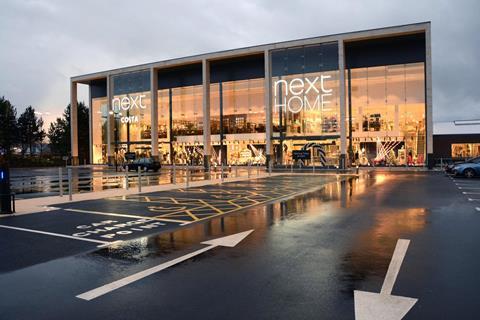
Consumers’ shift to online channels has continued in 2017, hitting in-store spending. Visa’s October consumer spending research showed face-to-face transactions fell at the second-fastest rate since April 2012, falling 5% in a year.
Although ecommerce growth slowed to 2.2%, it remained positive. Retail Week’s survey found 31% of shoppers expect to spend more online in 2018, compared with 20% who expect to spend less.
Barclaycard collects real spending data from around 1.5 million UK credit card customers and surveys consumer attitudes.
Managing director for corporate communications Paul Lockstone says that despite the growth in ecommerce, physical retailers can benefit from a greater emphasis on the ‘experience economy’.
“Time with friends and family is becoming more important than household items and physical goods. The notion of experience plays to the need for social media sharing”
Paul Lockstone, Barclaycard
“Time with friends and family is becoming more important than household items and physical goods. The notion of experience plays to the need for social media sharing,” he says.
In recent years, retail has suffered as shoppers have chosen to spend their discretionary cash on experiences rather than things.
Earlier this year, Next chief executive Lord Wolfson said: “The balance of increase in consumer spending is going into more experiential spending. That is the biggest single issue and the rest of the economy will compound or mitigate that issue.”
However, according to Retail Week’s survey, experiences were the areas where consumers planned to cut down spending most.
Thirty-five per cent of those surveyed said they would spend less on restaurants, pubs and bars, and 34% said they would cut back spending on recreation and culture, such as cinema, theatre, museums and sports.
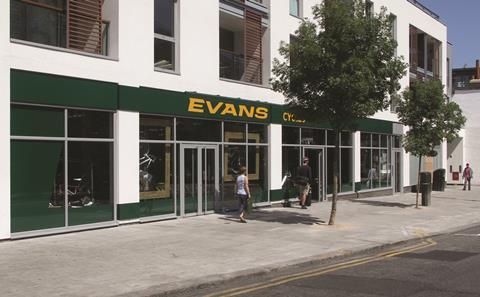
Lockstone points out that retailers have been bringing experiences into stores. Barclaycard found 36% of retailers now host events. For example, Evans Cycles hosts Ride It events, which invite customers to a bike ride starting and finishing at a store.
Lockstone expects experience-led retail to grow over the next year as omnichannel retailers seek to combat the growth of pureplay online retailers.
“Retailers are becoming savvy around the opportunity for an omnichannel consumer experience that brings offline and online worlds together.
“The way consumers get value out of discretionary spend is through experience rather than purely from physical possessions. That becomes embedded as positive through Facebook and Twitter,” he says.
Social media and ecommerce
Despite the industry’s obsession with social media, it has yet to filter through to the majority of shoppers. Retail Week’s survey found that 56% do not use any social media.
However, retailers ignore Facebook at their peril: 30% of shoppers use the platform.
Asked what is important in retail stores, the survey showed the stand-out criteria were: a wide selection of products (58%); customer service (44%); deals and promotions exclusive to the store or branch (38%); and manned check-outs (35%).
Paul Martin, head of retail at KPMG, says personal debt, which has been fuelling spending, could become unsustainable as interest rates rise.
In September, annual consumer credit growth was 9.9%, with outstanding loans of £200bn – a figure not seen since 2008.
“Last Christmas, a lot of people were splashing out, in good-old British style. That was driven by an increase in personal debt,” Martin says.
However, he takes some positives from the current economic situation – unemployment is at its lowest for around 40 years.
“Overall, the economy is stronger than it was eight or nine years ago. That insulates retailers from a significant crash, unless there is a cliff-edge Brexit,” he says.
Martin also expects the impact of ecommerce to be significant next year, although he predicts that growth will slow.
“Physical stores still account for 80% of sales; higher in some categories. [But] online sales are fastest-growing and at double-digit growth”
Paul Martin, KPMG
“Physical stores still account for 80% of sales; higher in some categories. [But] online sales are fastest-growing and at double-digit growth,” he says.
“We expect online sales to reach 30% of all sales by 2020, but we are seeing the first sight of that growth slowing down.”
Quality and price
While some retailers focus on experience, Retail Week’s study found quality (68%) and price (63%) of products are the overriding factors in choice of retailer.
Martin says this is reflected in physical retail’s area of fastest growth: the discount market. “German supermarkets and budget clothing retailers mean the market is becoming polarised between premium shops and discount retailers.
“It is the middle market that faces the greatest challenge and in the UK that is the largest slice of the market.”
As the segment contains many highly leveraged smaller firms, the UK retail sector can expect to see some significant store closures in the next year, he says.
2018 looks likely to be a challenging year for the consumer and the high street alike.


















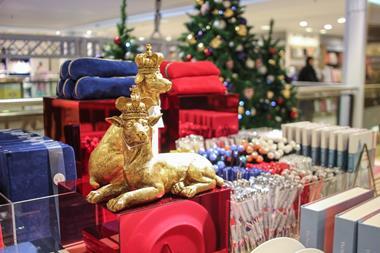
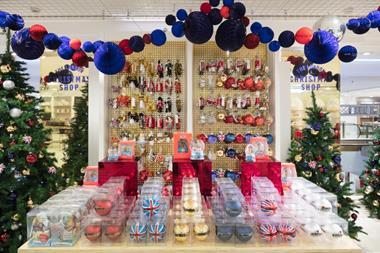
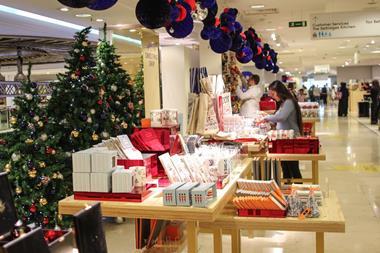
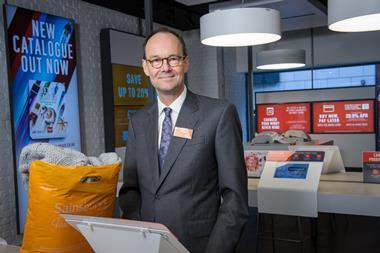
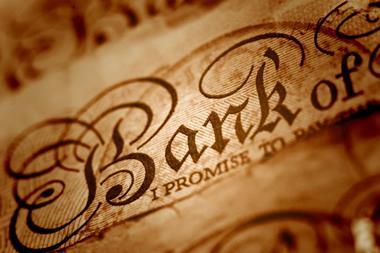

No comments yet